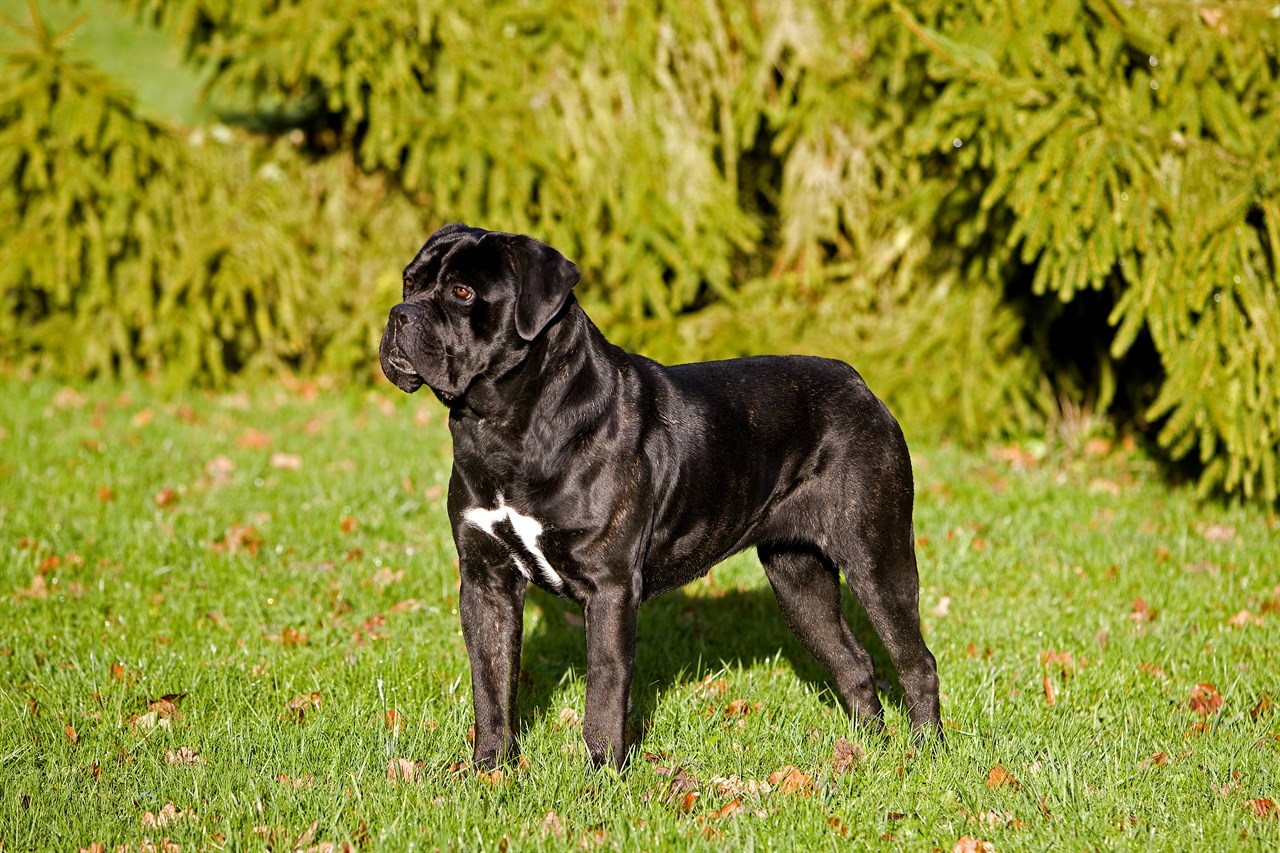Downsides or Disadvantages of Cane Corso Ownership

While the Italian Corso Dog, or Cane Corso, can make wonderful companions for the right owners, it's essential to consider the potential downsides or disadvantages of owning this breed. These factors can help you determine if a Cane Corso is the right fit for you:
Size and Strength
Cane Corsos are large and powerful dogs. Their size and strength can be challenging for owners to handle, especially if they are not experienced with large breeds. They can unintentionally knock over small children or pull on the leash during walks.
Exercise Requirements
Cane Corsos have high exercise needs. If not provided with enough physical activity and mental stimulation, they can become bored and develop behavioral issues, including destructive behavior.
Training and Socialisation
These dogs require consistent training and early socialisation to ensure they are well-behaved and comfortable around people and other animals. Inexperienced owners may find it challenging to train them effectively.
Protective Instincts
Cane Corsos have strong protective instincts. While this can be an asset, it can also lead to overprotectiveness and potentially aggressive behavior if not properly managed and trained.
Grooming Needs
Cane Corsos have short coats, which means they shed year-round. This can result in pet hair around the house and may not be suitable for individuals with allergies or those who prefer low-shedding breeds.
Drooling
Cane Corsos are known for their drooling, which can be significant. This may not be ideal for individuals who are particular about cleanliness and tidiness in their homes.
Health Concerns
Like many large breeds, Cane Corsos can be prone to certain health issues, including hip dysplasia, elbow dysplasia, bloat, and heart problems. These health concerns can result in significant veterinary bills and care requirements.
Legal Restrictions
In some regions, Cane Corsos may be subject to breed-specific legislation or restrictions due to their size and perceived aggressiveness. Owners should be aware of local regulations.
Expense
Owning a Cane Corso can be expensive. Beyond the initial purchase price, owners must budget for food, grooming, veterinary care, training, and potential emergency medical expenses.
Time Commitment
Cane Corsos require a significant amount of time and attention from their owners. They thrive on human interaction and can develop behavioral problems if left alone for long periods.
Who should not own a Cane Corso?
Cane Corsos are not suitable for novice dog owners or individuals who are unable to provide the time, training, and exercise this breed requires. They may not be ideal for people with allergies, those seeking low-shedding breeds, or those who prefer smaller, more manageable dogs.
What is the downside of a Cane Corso?
The downsides of owning a Cane Corso include their size and strength, exercise requirements, grooming needs, protective instincts, potential health concerns, drooling, legal restrictions in some areas, and the time and financial commitment required to properly care for them.
In conclusion, while Cane Corsos can be loyal and loving companions, potential owners should carefully consider these disadvantages and whether they are prepared to meet the breed's specific needs and challenges before bringing one into their home.
Cane Corso puppies for sale
- Find Cane Corso puppies for sale in ACT
- Find Cane Corso puppies for sale in NSW
- Find Cane Corso puppies for sale in NT
- Find Cane Corso puppies for sale in QLD
- Find Cane Corso puppies for sale in SA
- Find Cane Corso puppies for sale in TAS
- Find Cane Corso puppies for sale in VIC
- Find Cane Corso puppies for sale in WA